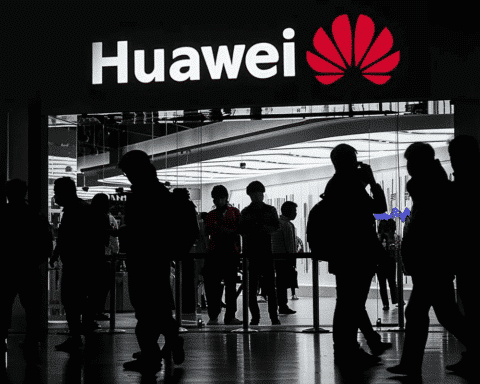Ford Motor is ending its controversial electric vehicle (EV) dealership program, which initially required store owners to invest over $1 million to sell EVs. This decision marks a significant shift in Ford’s strategy as it navigates the evolving EV market.
The Rise and Fall of the “EV-Certified” Program
In September 2022, Ford CEO Jim Farley announced the “EV-certified” program amidst a surge in demand for electric vehicles. However, the anticipated boom in EV sales has not materialized as expected. “The world has changed,” said Marin Gjaja, chief operating officer of Ford’s Model E electric vehicle business. “The growth has slowed down.”
Market Realities and Legal Challenges
Ford’s EV sales, along with those of other automakers, are growing but at a slower pace than predicted. This has led many automakers to delay or cancel future EV projects. Ford faced lawsuits from dealers over the program, which included about half of Ford’s 2,800 U.S. dealers. “The Model e Dealership Program is being sunset as the market undergoes changing conditions and amid conversations with dealers,” Gjaja explained during a media briefing.
A New Approach to EV Sales
Instead of the restrictive EV-certified program, Ford will now open EV sales to all its dealers, aiming to boost the sales of its all-electric cars and trucks. “It allows us to open EV sales and service to more dealers,” Gjaja said. “We think it’s going to help us grow our sales.”
Reduced Investment Requirements
Dealers will still need to invest in charging infrastructure, training, and other EV-related expenses, but not to the extent previously required. The initial program demanded investments between $500,000 and $1.2 million, but the new approach involves significantly lower costs. “Those initial estimates were high,” Gjaja admitted. “Dealers who participated in the full program invested about $600,000 on average.”
Ford’s decision to end the costly EV dealership program reflects a pragmatic response to market realities and dealer feedback. By reducing investment requirements and expanding EV sales to all dealers, Ford aims to better align with the current pace of EV adoption and support its dealers more effectively.




